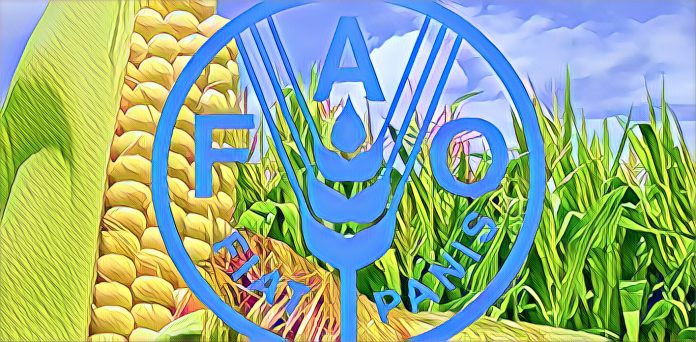The Food and Agriculture Organisation (FAO) has raised concerns about Africa’s ability to meet the United Nations Sustainable Development Goal (SDG) targets for food security and nutrition by 2030. In its recent “Africa Regional Overview of Food Security and Nutrition – Statistics and Trends 2023” report, the FAO paints a troubling picture of the continent’s progress, or lack thereof, in combatting hunger and malnutrition.
Posted on the FAO’s website, the report indicates that Africa is also falling short of the Malabo Declaration’s goal to end hunger and all forms of malnutrition by 2025. According to a report by This Day Live, this situation underscores an urgent need for comprehensive action across the continent.
Alarmingly, the report reveals that nearly 282 million Africans, about 20% of the population, are undernourished and unable to afford a healthy diet. “The deterioration of the food security situation and the stagnation in achieving the World Health Organisation (WHO) global nutrition targets call for countries to intensify their efforts towards a world without hunger and malnutrition by 2030,” the report urges.
Despite notable improvements over the past two decades, the prevalence of stunting in children under five remains high at 30% in 2022. Wasting in children in the region is just below the global estimate of 6.8% in 2022, with high rates across all subregions, barring Southern Africa.
The report also sheds light on the worrying prevalence of anaemia among adult women in Africa, particularly in Western and Central Africa. It notes modest progress in reducing low birth weight in the last twenty years, but the prevalence is still higher than the global average. Furthermore, the prevalence of adult obesity in Northern and Southern Africa is approximately double the global estimate.
On a positive note, the FAO highlights significant progress in exclusive breastfeeding in Eastern Africa, with notable improvements in Central and Western Africa since 2012.
However, the FAO warns that the majority of Africa’s population, about 78% or more than one billion people, remain unable to afford a healthy diet. This percentage is significantly higher than the global average of 42%, and the situation is worsening. “The average cost of a healthy diet in Africa reached 3.57 purchasing power parity (PPP) dollars per person per day in 2021, well above the extreme poverty threshold of USD 2.15 per person per day,” the report states, emphasising the economic barriers to a healthy diet in the continent, especially in Western and Eastern Africa.



